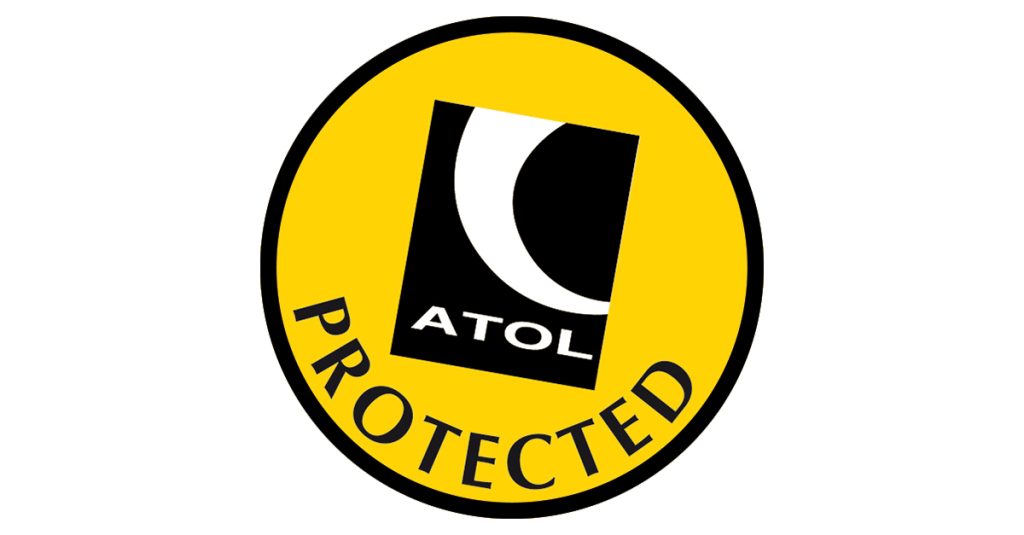The Civil Aviation Authority (CAA) has issued an urgent call for Atol holders to complete their renewal applications as the critical April deadline nears.
More than half of the applications due remain outstanding, highlighting an increasing need for businesses to act swiftly to avoid operational disruptions.
Renewal Deadline Approaches
As the April deadline looms, the Civil Aviation Authority (CAA) has intensified its call for Atol holders to submit their renewal applications. Almost half of the applications due for renewal by April 1 are still outstanding. The urgency is heightened as Easter holidays effectively reduce the operational days within March, adding pressure on businesses to meet the deadline. According to Michael Budge, head of Atol at the CAA, 660 renewals are expected but only 301 have been processed. This represents a significant bottleneck that could impact many operations.
Consequences of Delayed Submissions
The repercussions of delayed submissions are stark. Companies that fail to renew on time face a temporary loss of their Atol status, which prevents them from selling Atol-protected holidays. Such regulatory breaches could prove costly, both financially and reputationally. Budge advised businesses to engage early in the renewal process, stating it offers a window for resolving issues collaboratively rather than reactively at the last minute. ‘There is no change in approach, no change in conditions,’ he assured, emphasising the importance of timely submissions.
Current Industry Conditions
The travel industry is still grappling with financial pressures, made evident by the hesitant pace of Atol renewals. However, Budge noted, “Businesses increasingly have a better handle on their financial position, understanding customer payments and pre-payments more effectively.” This growing financial acumen is expected to aid the renewal process, although the current climate remains challenging. Despite these hurdles, the necessity for compliance and regulation adherence remains paramount.
Proposed Reforms and Industry Reactions
Budge hinted at a “renewed momentum” towards implementing proposed Atol reforms, but did not provide specifics on the timeline. This lack of detail has led to some industry apprehension. Simon Bunce, director of legal affairs at Abta, voiced concerns about the necessity and breadth of the proposed changes, suggesting they may be overreaching. Bunce pointed out that except for the collapse of Thomas Cook, the Atol scheme has functioned well, with relatively few failures. These discussions underline the ongoing debate over the future framework of travel regulations.
Importance of Early Engagement
Early engagement with the CAA offers a strategic advantage. Submitting renewal applications early provides the CAA with ample time to work with companies, addressing any complications before they escalate. Budge underscored the “last in, last out” approach, highlighting how late submissions can bottleneck the processing system, causing unnecessary delays. Proactive communication is therefore not only encouraged but essential for smooth renewals.
Impact of Thomas Cook’s Collapse
The collapse of Thomas Cook remains a pivotal reference point in discussions about Atol reforms. It serves as a reminder of the vulnerabilities within the travel sector and the consequences of insufficient regulation. Bunce remarked on this, advocating for a measured response that acknowledges past failures but does not impose undue restrictions on the industry. This perspective pushes for reforms that are both necessary and proportionate, aiming to bolster stability without stifling growth.
Conclusion
With the April deadline swiftly approaching, urgent action is required from Atol holders. The CAA’s calls for timely application submissions cannot be overstated. It’s a critical period that demands attention and diligence from the travel industry to avoid disruptions. As reforms loom, the balance between maintaining robust protections and not overburdening businesses is key.
With the deadline fast approaching, Atol holders must ensure their renewal processes are completed promptly to avoid penalties.
The industry’s focus must remain on compliance and effective communication with the CAA to ensure business continuity.

